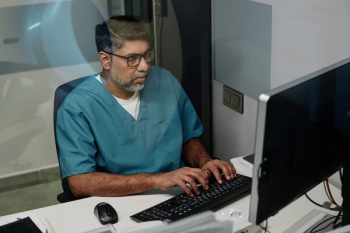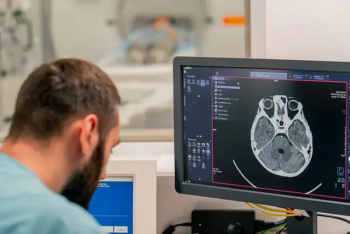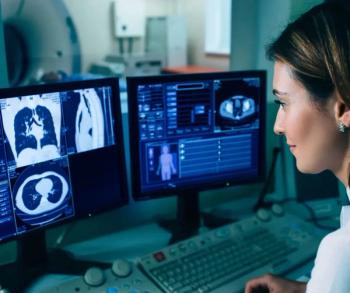
My Harshest Critic
Seeking perfection requires examining past shortcomings.
I’ve got a pretty good memory. A downright painful one, sometimes, since it seems particularly attuned to things I’ve done less-than-perfectly in the past. I’m able to mentally replay any number of embarrassing moments dating back to my earliest years. Sometimes, that even includes incidents that I didn’t recognize at the time. In retrospect, I’ll suddenly realize that my side of a conversation I had, however-long before, must have seemed incredibly dumb, rude, insensitive, etc.
Unsurprisingly, the time I’ve spent as a physician-radiological and otherwise-has been no exception. I can remember any number of rookie blunders I made early on. Fortunately, the minority being clinical, since a fledgling doc has plenty of oversight from senior residents, fellows, attendings, etc. Still, there were plenty of errors in protocol, diplomacy, and simply finesse to make up the difference.
As I move along in my post-fellowship career (without the safety-net of senior housestaff), an ever-increasing volume of clinical work has amassed in my wake. Being that I’ve sadly not yet achieved perfection in this life, there continues to be a small fraction of this work that I subsequently recall with embarrassment.
Some are cases that went to QA, which I then recognized as having been “misses” on my part. Then, there were QA cases that I felt I read properly, but could have avoided allegations of error if I’d phrased myself differently such that there would have been no room for a “gotcha” on the part of whoever tried to ding me in the QA system. There have been procedural snafus where I got caught in what seemed to be no-win situations, and later realized means by which I could have finessed my way out of the mess.
There have also been cases where I finally found out what a particular imaging finding was (hepatic changes from long-term peritoneal dialysis being my personal favorite), and kicked myself for not having figured it out on half a dozen similar cases earlier in my career.
The sting of such recollections is that I tend to imagine my current self, with whatever wisdom I’ve gained, in my younger, less-experienced shoes. Behavior that might have been my best-possible effort back then, falls substantially short of what I imagine myself to be capable of now-hindsight being 20-20 as the saying goes. So I hold my younger self up to the standards of present-day … sort of like expecting someone in their earliest stage of marathon-training to do as well as they will on race-day.
The flip-side of this is that barring some unexpected foreshortening of my career, I might at some point down the line be regarding the work I do today as amateurish. Or, perhaps by then I’ll have become a less-harsh critic with myself than I have been to date. Maybe I’ll even be embarrassed at how unforgiving I used to be with my own efforts.
Newsletter
Stay at the forefront of radiology with the Diagnostic Imaging newsletter, delivering the latest news, clinical insights, and imaging advancements for today’s radiologists.












